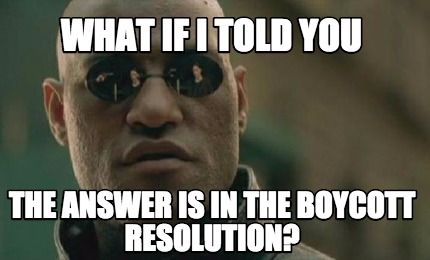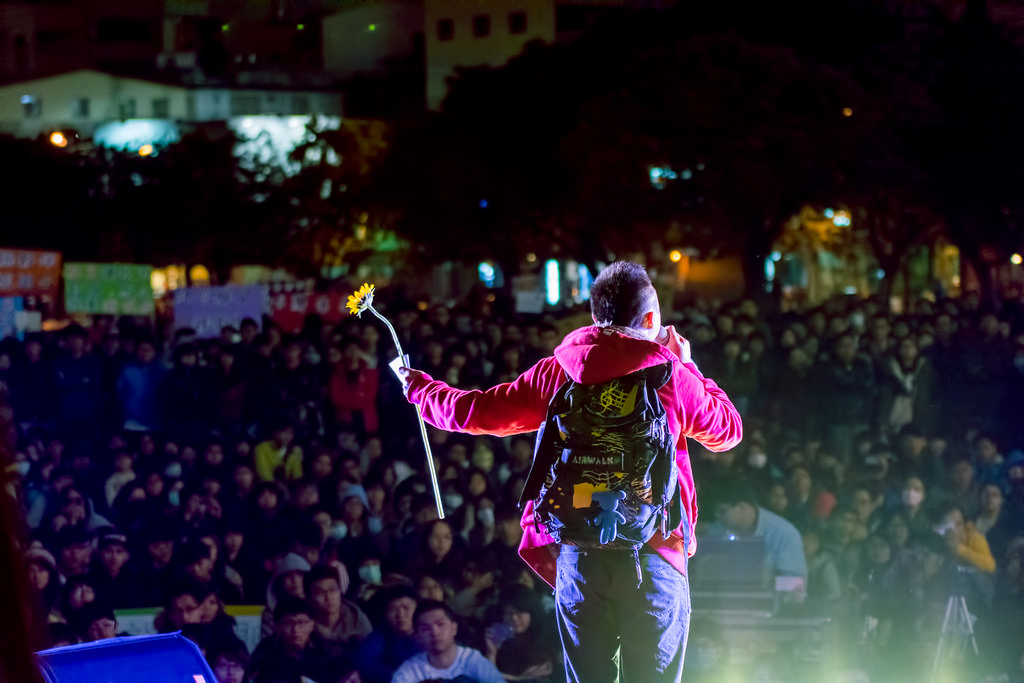(This occasional post comes from Edgar Rivera Colón, Ph.D. Dr. Rivera Colón is a medical anthropologist and teaches at Columbia University’s Narrative Medicine program. Dr. Rivera Colón is also Assistant Professor of Sociology and Urban Studies at Saint Peter’s University, The Jesuit University of New Jersey. He does spiritual direction with activists as a ministry of the Ecumenical Catholic Church (ECC), an LGBT-affirming faith community, based in Guadalajara, Mexico.)
“No hay mal que dure cien años — ni cuerpo que lo resista.” (Popular Puerto Rican saying).
“There is no evil that can last a century — nor bodies equipped to endure it.”
The last weeks have been a marathon (Trumpathon?) of despair, grief, resistance, and mobilization in the wake of Donald Trump’s election victory. I’ve spent part of time having long conversations with younger activists — folks in their 20’s and 30’s — about their feelings of disorientation and anger at what seemed to many to be an impossible electoral outcome. One of most dangerous, hate-spewing, fear-mongering, and vulgar presidential candidates in the US history is about to take over one wing of the state apparatus. Whatever one’s take on the whys and wherefores of the 2016 presidential election results, the negative effect on many bodies, spirits, and minds is palpable and worrying. What to do in such a crisis with so many layers and consequences that could warp even further the American polity for two or three generations hence? Continue reading



